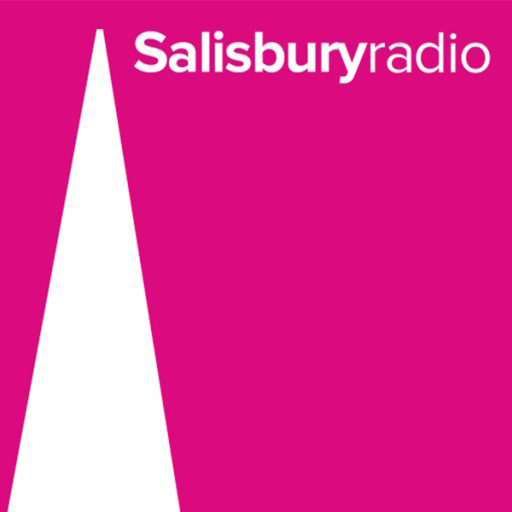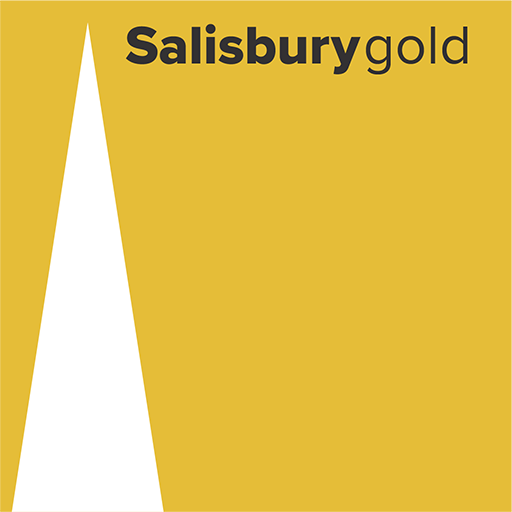A new online tool that allows members of the public to flag areas where they feel unsafe to Wiltshire Police has been launched.
The pilot for the app ‘Streetsafe’ was launched last Thursday (2nd September 2021) by the Government with support from the National Police Chiefs’ Council (NPCC).
Wiltshire Police say they understand the importance for people, particularly women and girls, to feel safe when out in our communities and are working hard with a range of initiatives, supported by our partners to tackle this issue.
Hosted on the national policing website, and aimed primarily at women and girls, the tool will enable members of the public to anonymously drop a pin onto a map and describe factors that cause them concern, including behavioural or environmental reasons why they felt unsafe.
These could range from a poorly-lit walkway to instances of public harassment and will mean concerns can be raised with police whether or not a crime has been committed.
The information will be used alongside other key data by the Force, in partnership with stakeholders, to deliver improved wellbeing and safety for communities.
Det Supt Sarah Robbins, Wiltshire Police lead for violence against women and girls, said: “At Wiltshire Police, we are striving every day to make our streets safer for everyone in our communities.
“This includes a concerted effort to tackle violence against women and girls to ensure they feel safe from harassment, sexual abuse and assaults when walking the streets.
“The StreetSafe pilot will enable us to improve our understanding and intelligence picture around the concerns of the public and where they don’t feel safe which will help us form a better response.
“Our aim is always to prevent crimes such as sexual assaults before they happen, but when this isn’t possible we ensure support for victims is a top priority".
While this tool has not been designed to report crime, Wiltshire Police is encouraging more women and girls to come forward and report crimes like sexual harassment through existing channels.
In a non-emergency, the public can call 101. In a non-emergency, the public can call 101. In an emergency, always dial 999.
You can report it online here and find support if you are a victim here.

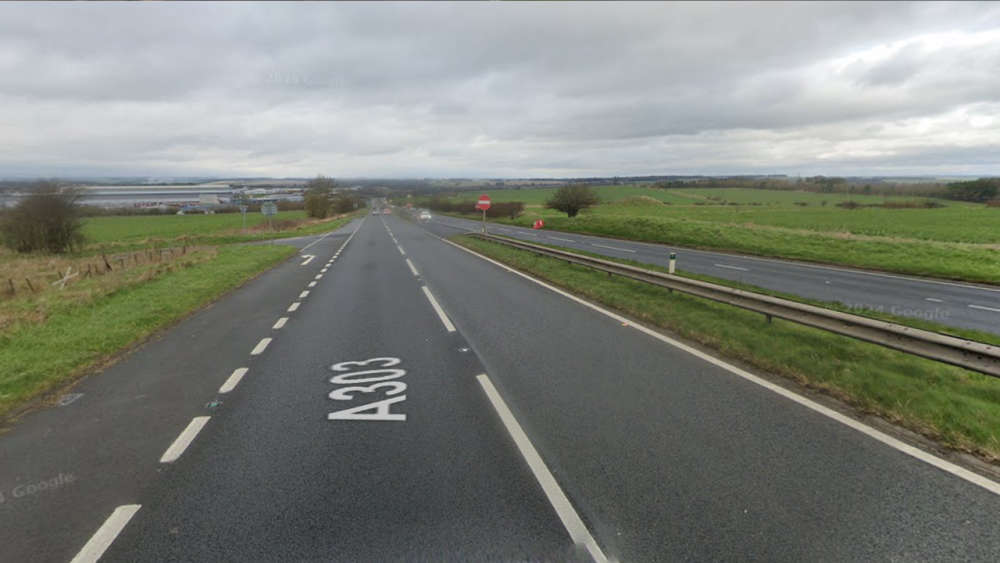 Child suffers life-threatening injuries in collision on A303
Child suffers life-threatening injuries in collision on A303
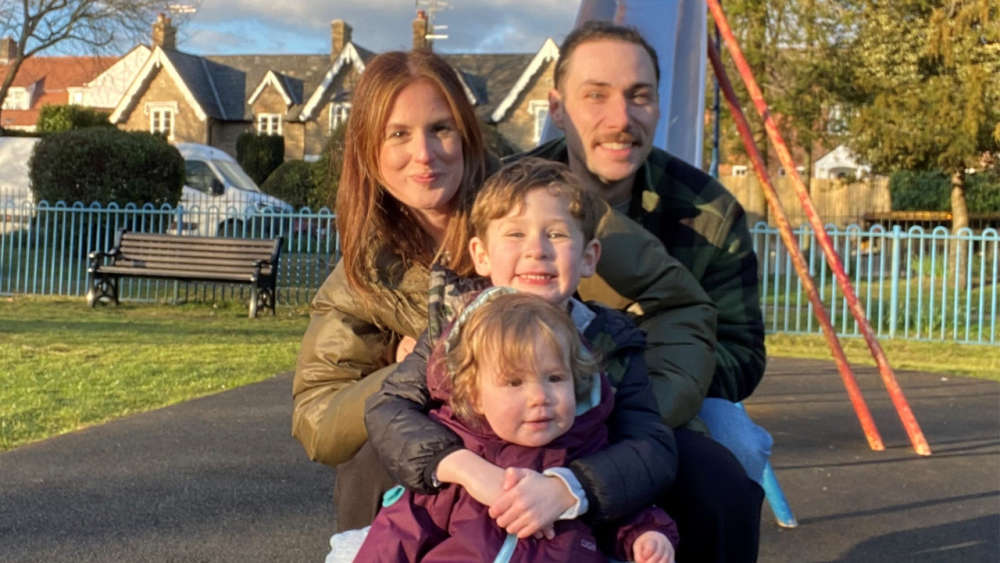 Mum to join Stars Appeal’s Walk for Wards in support of Neonatal Unit that cared for her daughter
Mum to join Stars Appeal’s Walk for Wards in support of Neonatal Unit that cared for her daughter
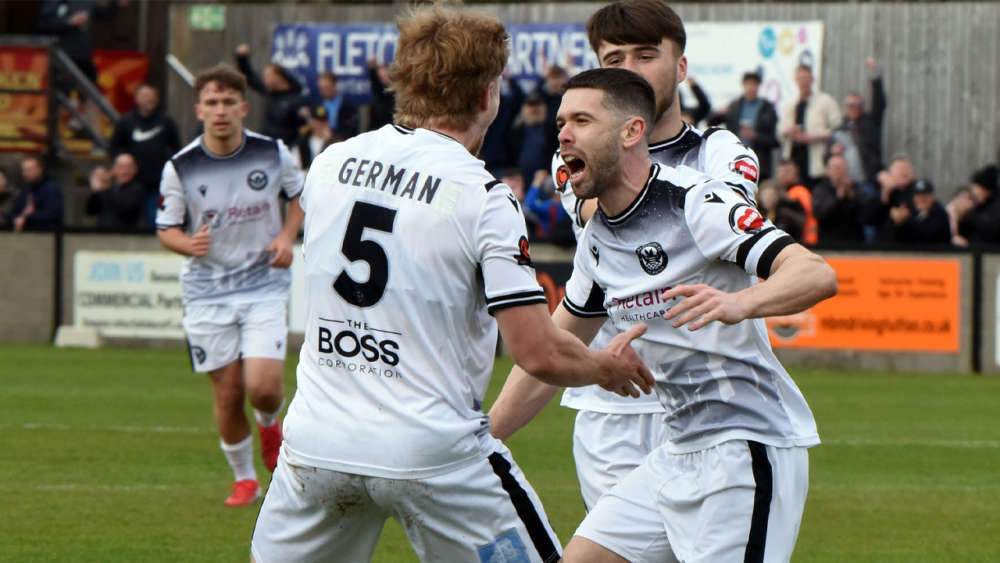 Salisbury battle past Tonbridge Angels at the Ray Mac
Salisbury battle past Tonbridge Angels at the Ray Mac
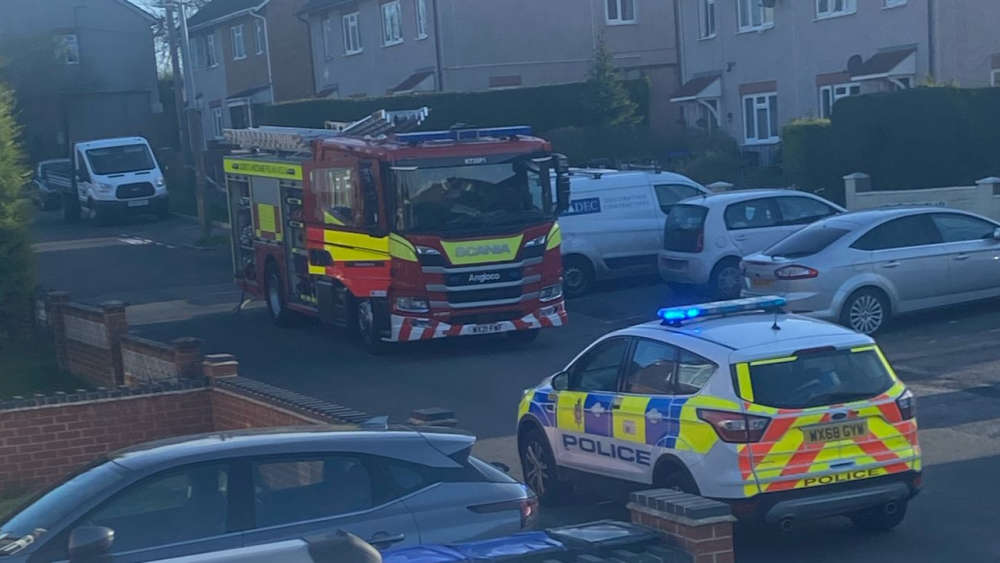 Emergency Services stood down after substance scare in Durrington
Emergency Services stood down after substance scare in Durrington
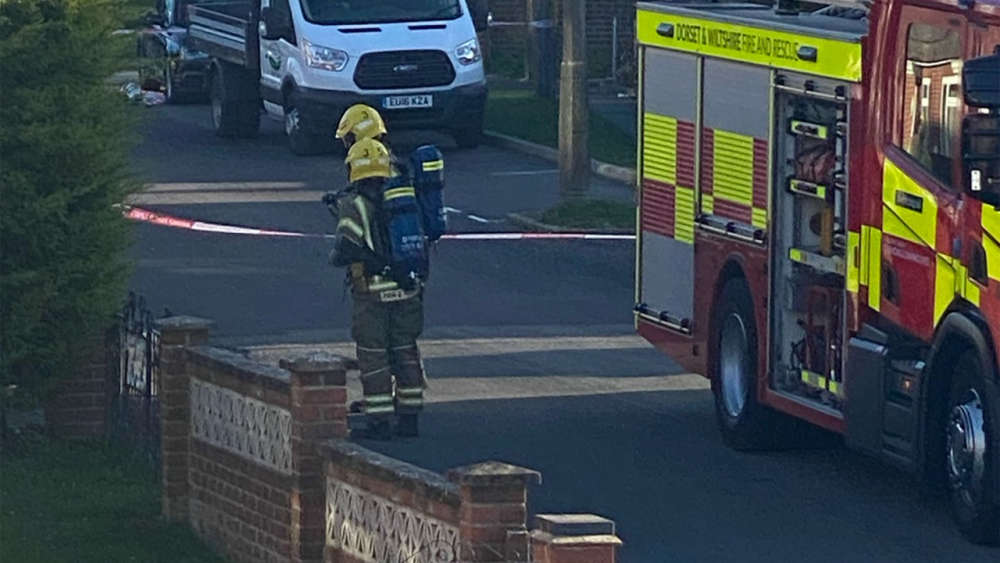 Emergency Services close road in Durrington for incident
Emergency Services close road in Durrington for incident
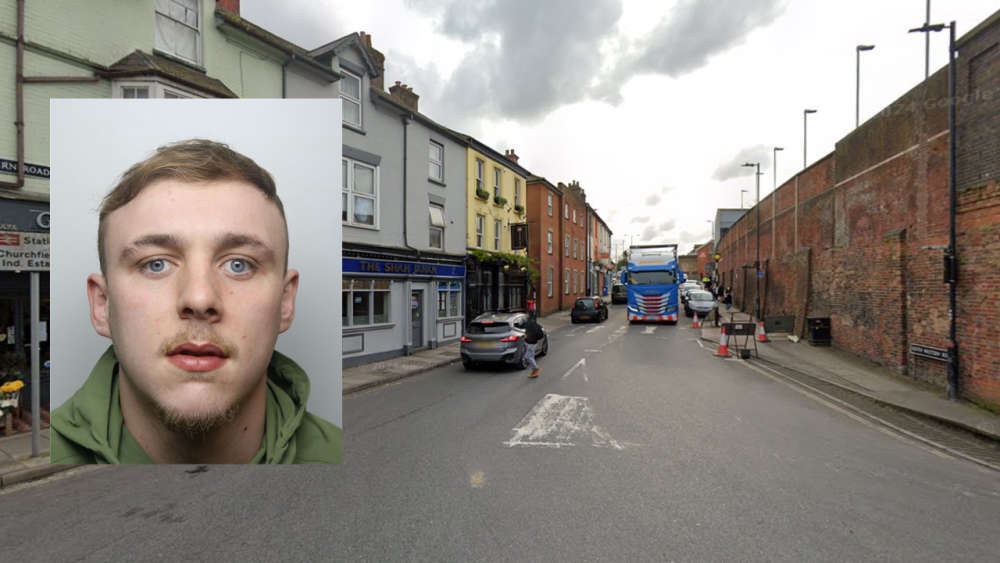 Police hunt man after collision injures two people in Salisbury
Police hunt man after collision injures two people in Salisbury
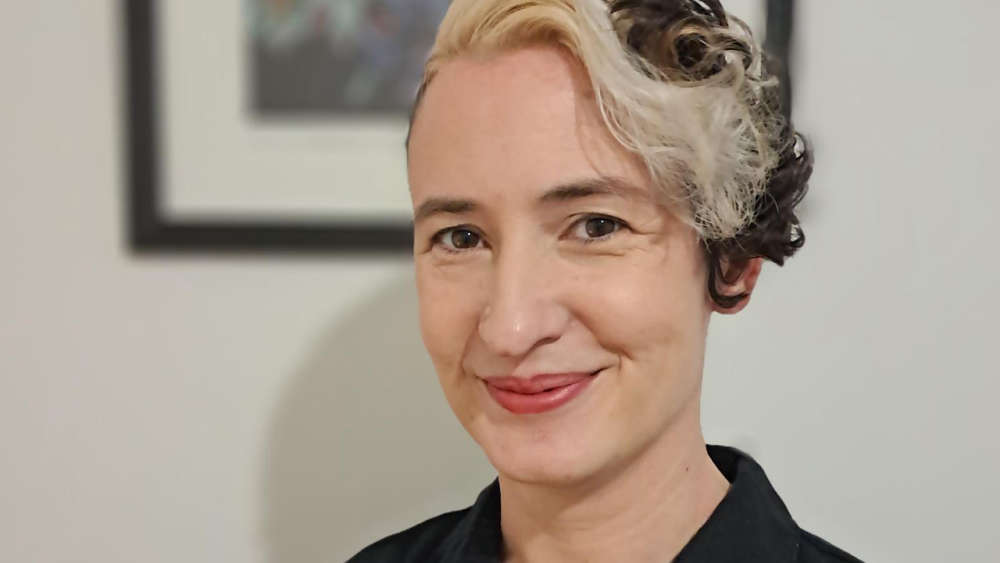 Sarah Gregson joins Wiltshire Creative as Take Part Director
Sarah Gregson joins Wiltshire Creative as Take Part Director
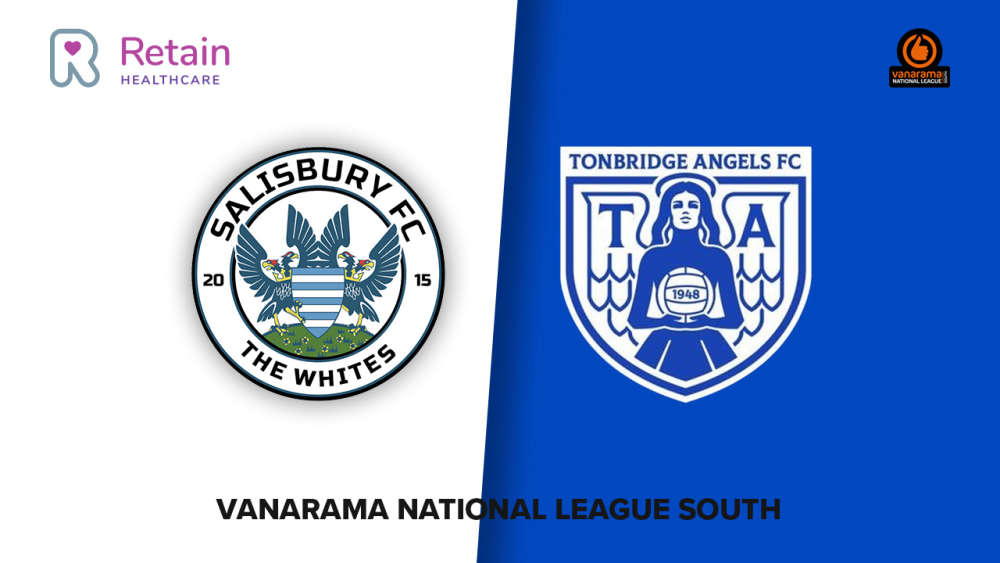 Salisbury's relegation battle continues at the Ray Mac against Tonbridge Angels
Salisbury's relegation battle continues at the Ray Mac against Tonbridge Angels
